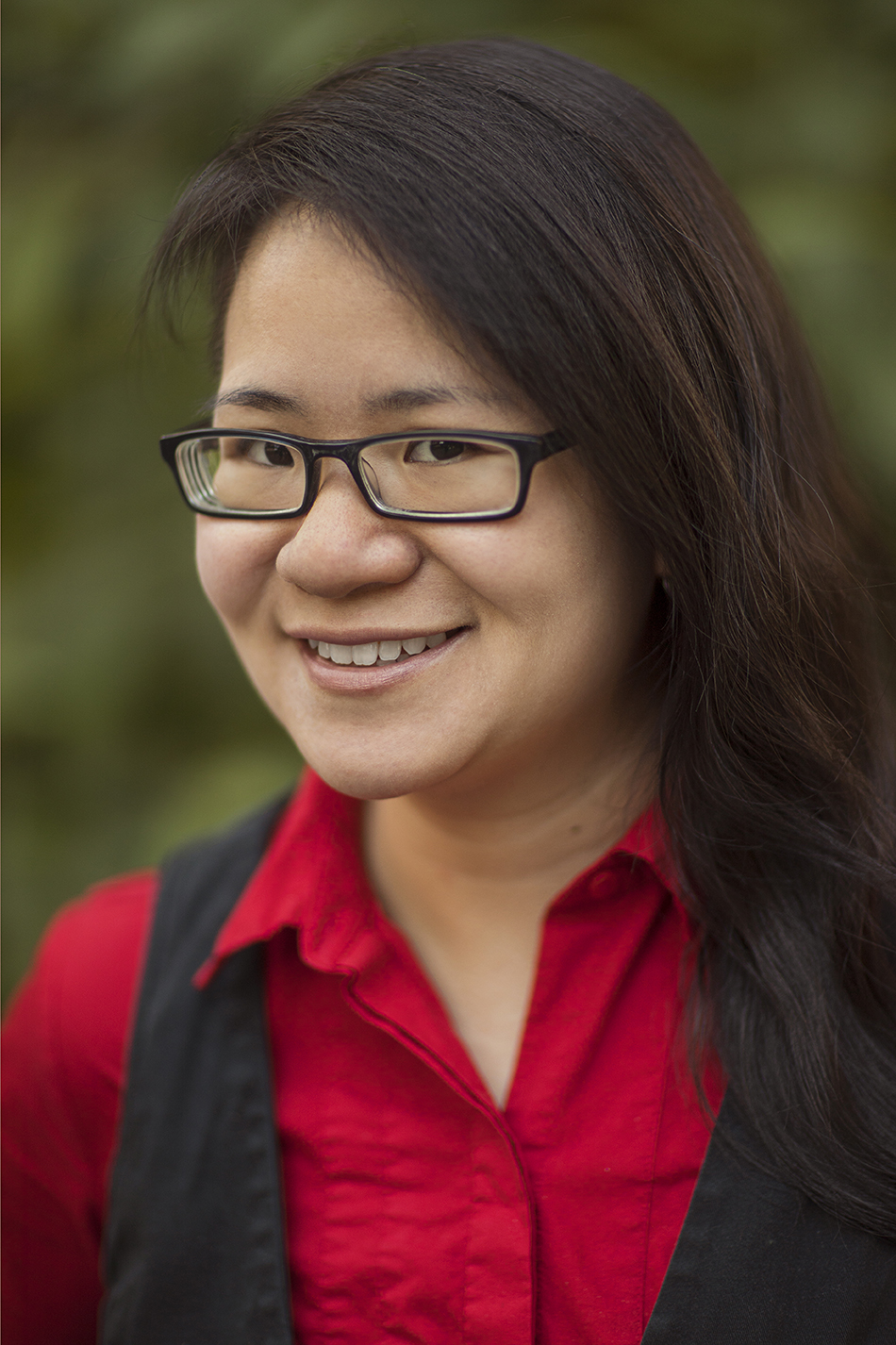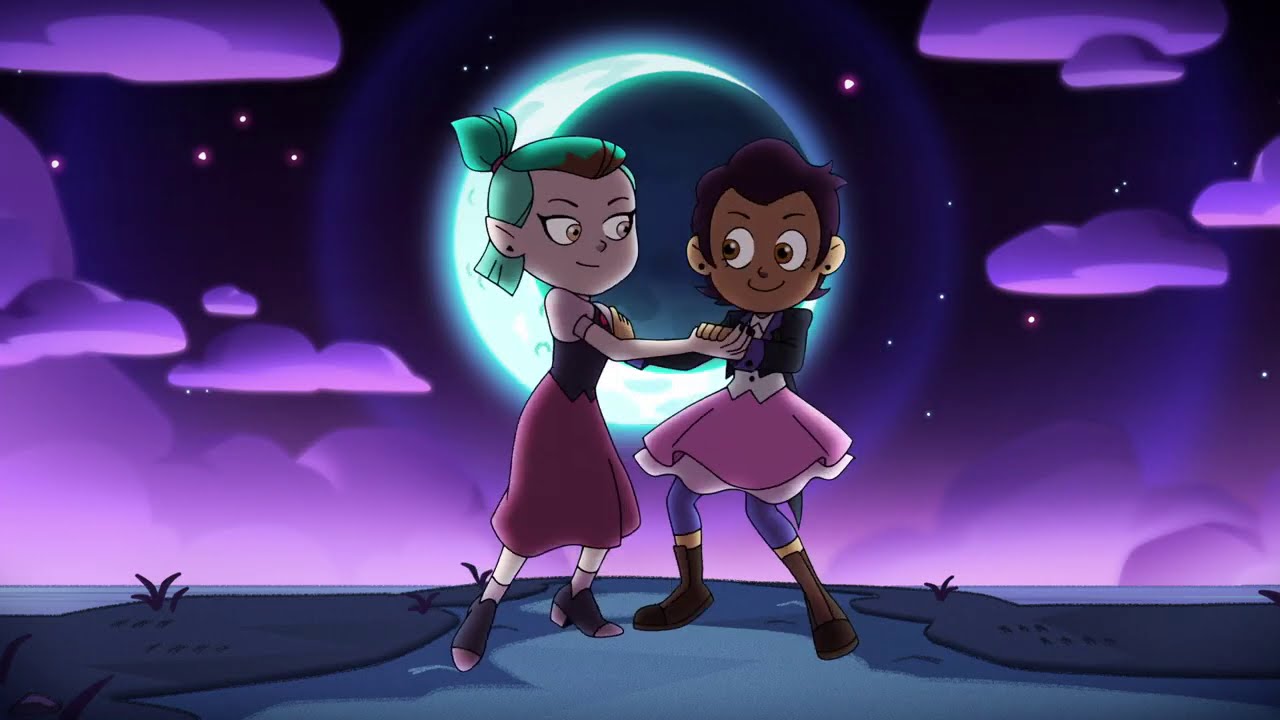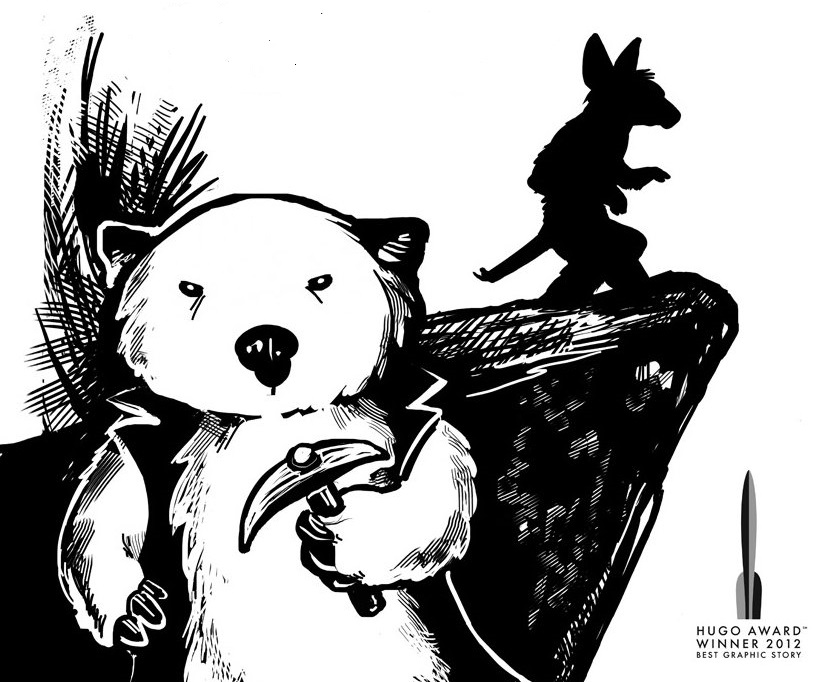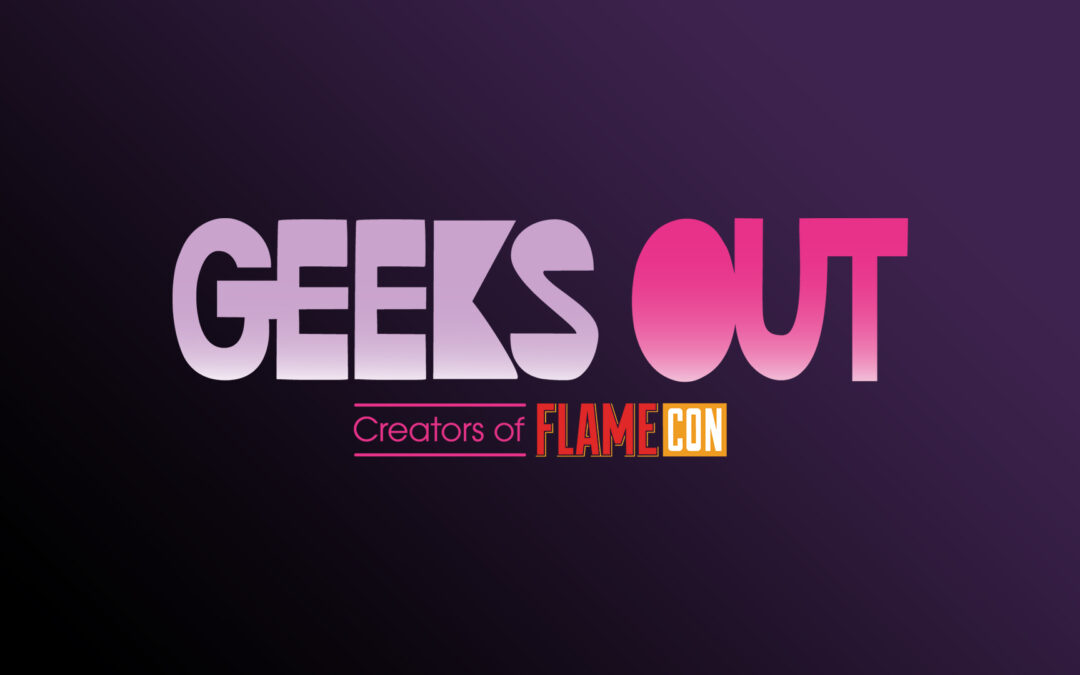
by Michele Kirichanskaya | Nov 23, 2022 | Blog
Diana M. Pho is a queer Vietnamese-American independent scholar, playwright, and Hugo Award-winning fiction editor. She has over a decade of experience in traditional book publishing, including Tor Books, Tor.com Publishing, and the Science Fiction Book Club. Diana...

by Kevin Gilligan | Aug 11, 2020 | Podcast
https://geeksoutpodcast.libsyn.com/geeks-out-podcast-bi-bi-grom-queen In this week’s super sized episode of the Geeks OUT Podcast, Kevin is joined by new Eisner & Hugo award winning artist, Tana Ford, as they discuss Tana winning a Hugo award over...

by Daniel Stalter | Aug 5, 2016 | Blog
If you had asked me what my favorite genres were eight years ago, chances are I would not have put Epic Anthropomorphic Fantasy at the top of the list. It wasn’t until my sister (somewhat relentlessly) insisted that I read the first volume of Ursula...

by Daniel Stalter | May 16, 2016 | Blog
The need for diversity in Science Fiction, otherwise known as Speculative Fiction, has been getting a lot of media attention as of late. Racist fanboys tried (and failed) to boycott Star Wars Episode VII for featuring a diverse primary cast. The World Fantasy Awards...





